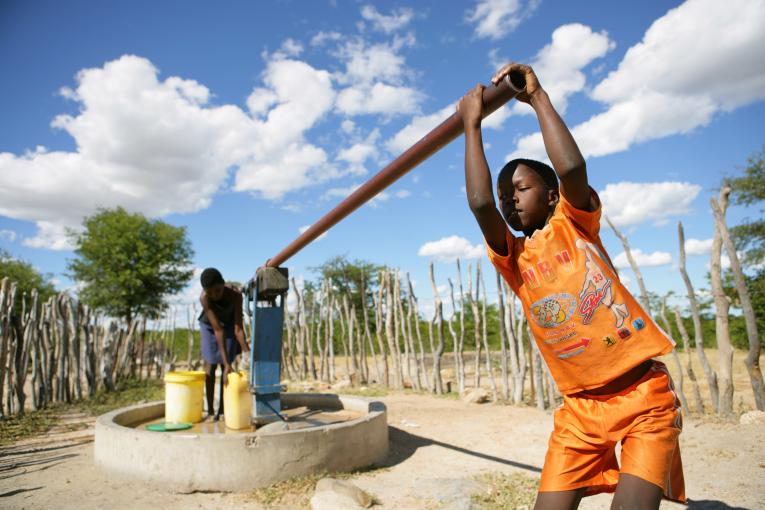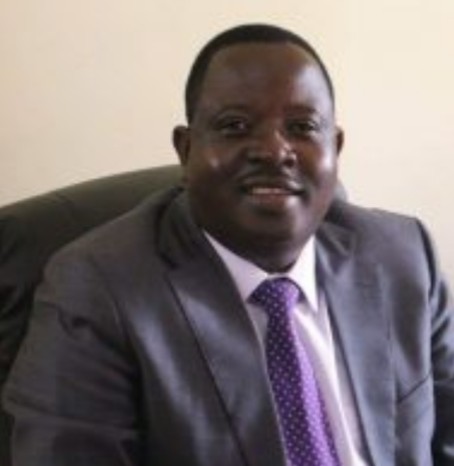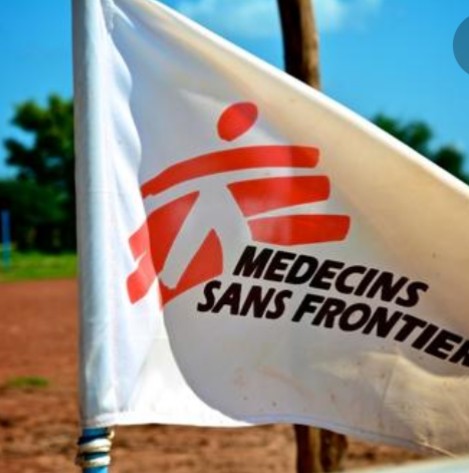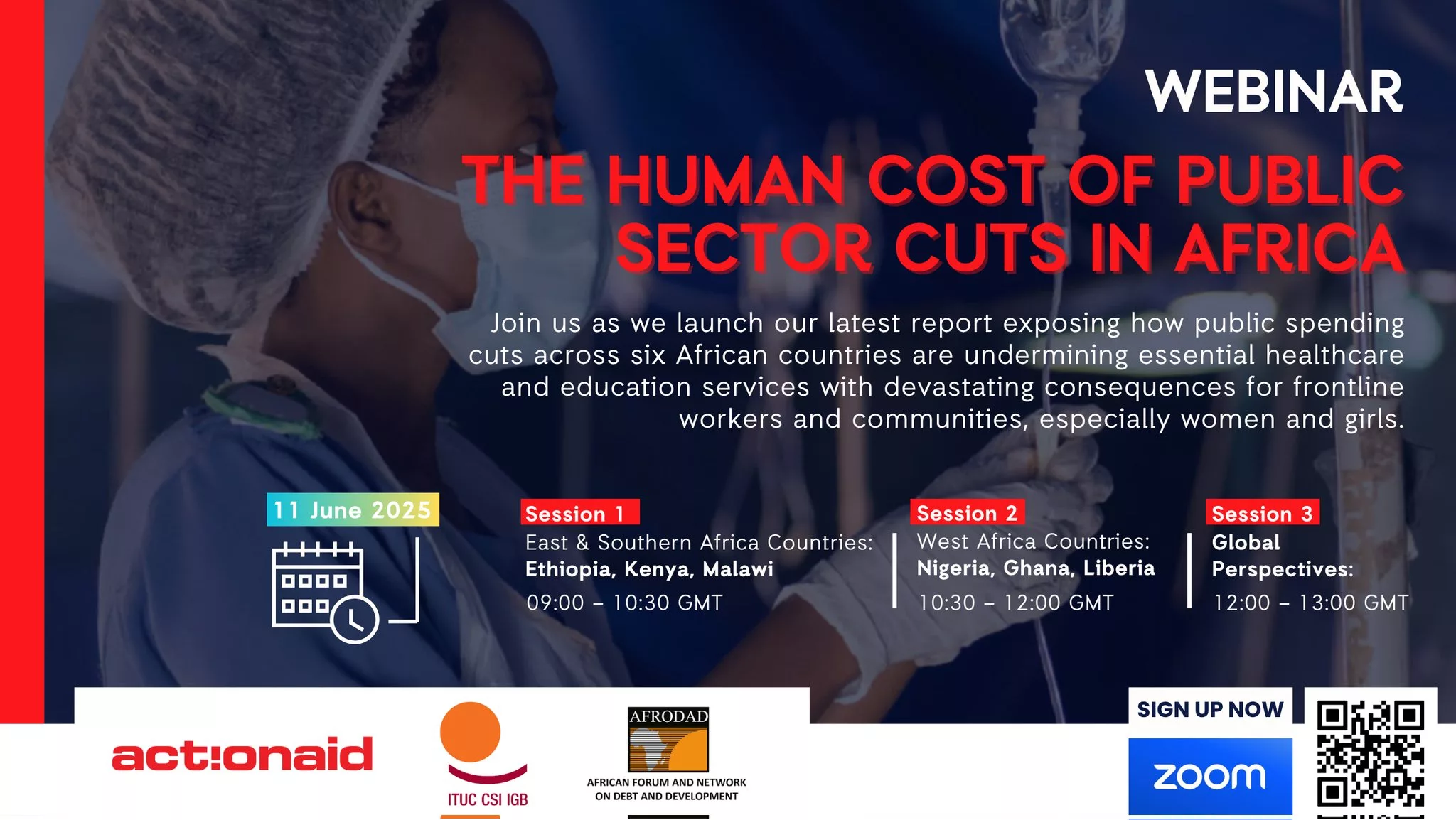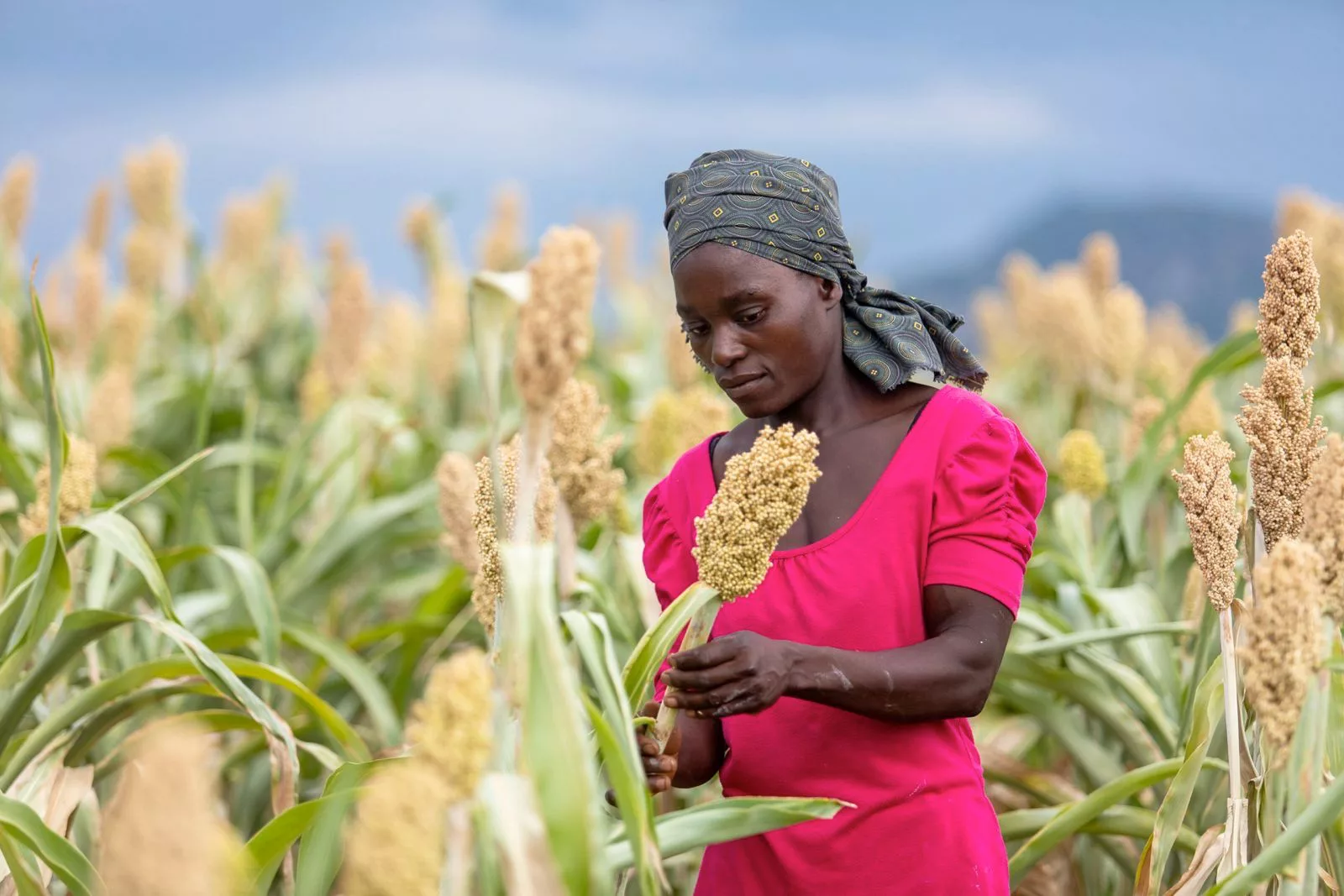|
Getting your Trinity Audio player ready...
|
By Nhau Mangirazi
The majority of Zimbabwean women face challenges in accessing better services delivery. Of late some of the women and girls in most outlying rural communities have faced the worst challenges but it has been a sad reality affecting the urban setups. They are facing a constitutional crisis in service delivery.
Women and girls in Karoi farming town have not been spared either as they are failing to get better service delivery. They are failing to get better access to better health, education, clean and portable water, and shelter among other services.
In a move aimed at empowering some communities, the Zimbabwe Constitutional Movement (Zicomo) is helping women to discuss issues affecting their well-being on service delivery.
In Karoi town, a women’s constitutional hub was formed to empower them to discuss their well-being. Several women said they have not been given the right to better service delivery.
Rosina Kubaka said they have gone for nearly seven years without a drop of water from taps in Chikangwe high-density suburb.
‘‘Although water is a basic human right, it remains a dream as we have gone for seven years without access to clean and potable water. This is besides assurances from Zimbabwe National Water Authority (Zinwa) that water access will improve after the prepaid meter regime last year,’’ she said.
Zinwa has been facing challenges from some of its old pipes that are outdated due to higher populations. Another resident, Chido Banda, said access to education has become a challenge.
‘‘The issue of extra lessons is affecting our children as few are being taught even when they pay required school fees. Government must address these issues as our education sector standards are going down,’’ said Banda.
Some highlighted how they are failing to get medication from hospitals and clinics.
‘’Government must improve on access to medication from hospitals and clinics as we are told to go to pharmacies after paying US$5 fees,’’ complained another resident Veronica Kondo.
Hurungwe Community Radio Initiative board chairperson Joel Zilala told participants that there is a need to understand how access to services can affect their constitutional rights.
‘‘It is a basic human right to get access to health, education, clean and potable water, and shelter among others. These must be provided by the service providers,’’ said Zilala.
He said there is a need to empower women through constitutional hubs where these issues will be discussed.
‘‘Access to water affects anyone and women are the worst victims. They must teach each other through these hubs how they can rate service providers. It is high time women understand basic human rights on services,’’ he said.
Of late, the water crisis has affected women including young girls who abscond daily lessons when they are on monthly periods.


